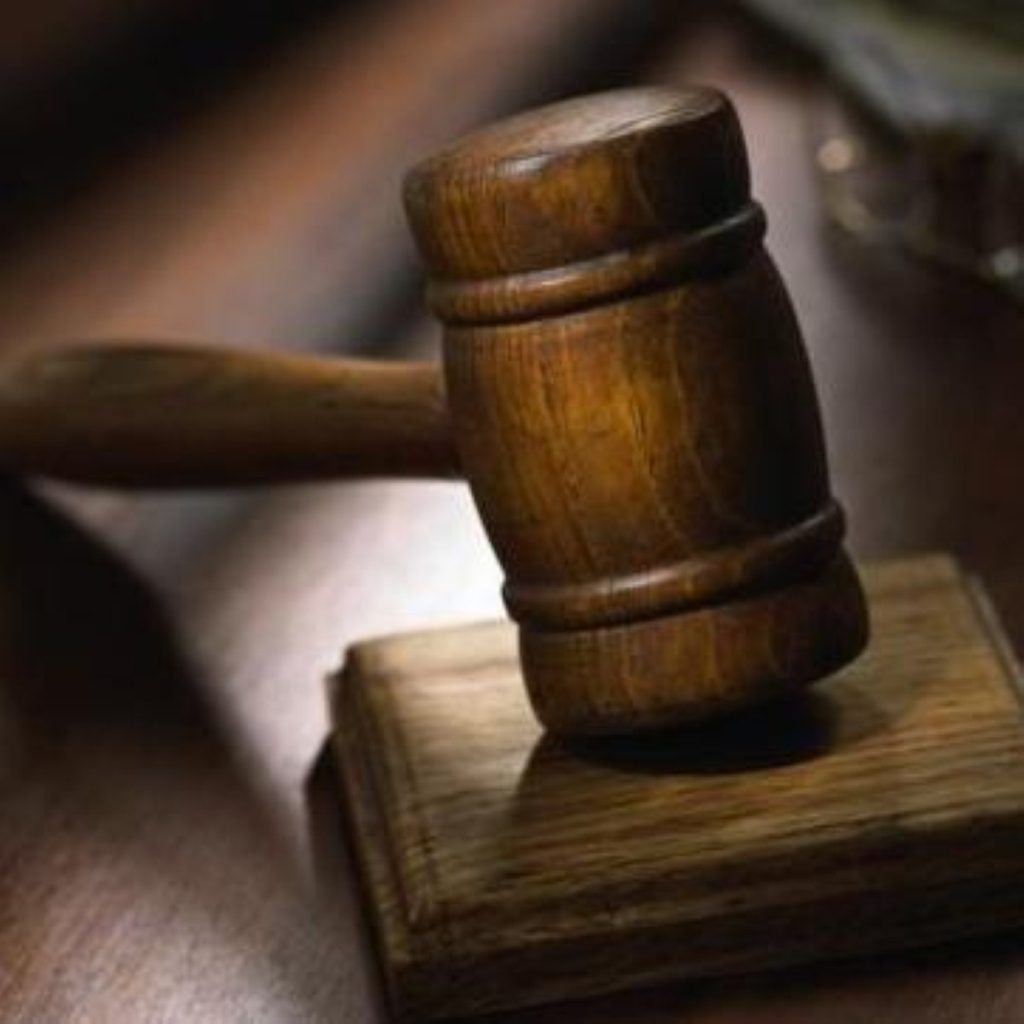Wiretap evidence ‘should be allowed in court’
The ban on the use of wiretap evidence in court should be scrapped to allow prosecutors a better chance of convicting suspected terrorists, a parliamentary committee has said.
Peers and MPs on the joint committee on human rights also propose that police be able to interview suspects once they have already been charged, even if no new evidence is available.
The proposals are intended to improve the chances of dealing with terror suspects in the criminal justice system, rather than having to restrict their movements via detention or with the use of control orders.
They would also avoid the need for special terrorist trials, where a single judge oversees a closed hearing in which key intelligence evidence is withheld from the defendant. The committee says this process is “incompatible” with the basic principles of a fair trial.


Today’s report also argues that in introducing post-charge interviews and a change in the threshold for which someone can be charged with an offence, there would also be no need to extend the detention time without charge beyond 28 days.
This maximum limit a terror suspect can be held by police was doubled from 14 days as part of the Terrorism Act 2006, but the move was highly controversial and sparked accusations that the government was introducing internment.
The change in threshold would mean someone could be charged if there was a “reasonable suspicion” of their guilt – this is below the threshold of normal charges, which means there must be a “realistic prospect of conviction”.
“In our view, a combination of the measures [proposed] should help to overcome many of the main obstacles to prosecuting for terrorist offences, without sacrificing the essence of the important due process guarantees which make up the fundamental rights of access to a court to challenge the legality of detention and to a fair trial,” the report says.
Shadow home affairs secretary David Davis welcomed the call for the ban on the use of intercept evidence to be scrapped – the Conservatives have been calling for it for some time, although the intelligence services believe it would compromise their activities.
“Subject to the appropriate safeguarding of sources, methods and the rights of defendants, it would be a very good way of bringing terror suspects into the justice system by allowing them to be charged under existing terror laws,” he said.
“This would reduce the risk of recruiting more terrorists by locking up suspects in an arbitrary fashion, such as through the use of control orders.”
The report also recommends the use of incentives to get people to give evidence, which Mr Davis said he would “broadly support”, providing the process was strictly controlled.
Elsewhere, the committee suggests people held without charge for a certain period be given compensation and even counselling.
It also recommends greater scrutiny over anti-terror legislation, including the creation of an arms’ length body to oversee such laws and a new sunset clause that would mean all anti-terror legislation would expire after five years.
The Home Office said it would “carefully consider” the report’s proposals before making any full response.









